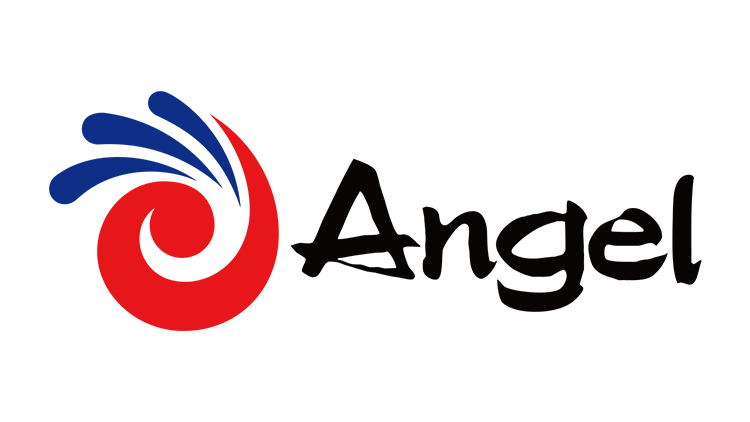Promotional Features
How brands can succeed in immunity now the pandemic has transformed the market
Immunity was a big, fast-growing category even before the pandemic. In 2019, consumers ranked better immunity as the second most desired health benefit, coming second only to general health and wellness.1 Around two-thirds of consumers in all regions of the world said they are likely to seek out products that support immune health.
The pandemic turbocharged growth in 2020 and changed the immune category, likely for the long term. Sales of immunity products jumped 70% in 2020, far outpacing growth in the broader market.2
While the 70% growth rate was a one-off, crisis-driven event, demand for immunity products is set to remain elevated even as the acute phase of the pandemic ends in many countries. As the rollout of vaccines got started, a survey found only 3% of people planned to reduce their use of supplements after being vaccinated.3 In fact, one-third of people said they would increase their supplement use.
Vaccines have since significantly suppressed the coronavirus. Yet, COVID-19 remains a threat even in countries with high vaccination rates and, as people have resumed face-to-face interactions, cases of other infectious respiratory diseases have risen, including over the warmer months of the year when they typically only affect a small number of people.4
High levels of infectious respiratory diseases in the summer, coupled to greater consumer awareness of the importance of immune health, point to the potential for a lasting change to the rhythm of the immunity market. In the past, demand for immunity products was seasonal, rising in the fall and winter before declining as the weather got warmer in the spring and the threat of infectious respiratory diseases eased. Now, with COVID-19 here to stay, consumers are prioritizing immune health every month of the year.
The upshot is consumers are continuing to prioritize their immune health and seek out products that may help protect them from pathogens, regardless of the time of year. Supplements remain a go-to immunity option for consumers but people are also buying functional foods, beverages and dairy products with immune claims. Surveys show immunity-boosting snacks are increasingly popular and beverages, such as juices and enhanced waters, are one of the most appealing product categories.2
Again, interest in consuming functional foods and beverages to support immune health predates the pandemic but increased in response to COVID-19. From 2016 to 2019, launches of flavored bottled waters with immunity claims grew 43%, outpacing the strong growth seen in the juice and energy drink categories.1
Developing clinically validated immune products
Yeast beta-glucan offers food, beverage and nutrition companies a way to meet consumer demand for clinically validated immunity products. Beta-glucans found in the cell wall of yeast have a different structure than similar molecules present in bacteria, cereals and funghi. Researchers have shown the long, branched yeast beta-glucan molecule modulates the immune system.5
The molecule acts on the immune system by binding to pattern recognition receptors on the surface of the innate immune cells that patrol the gut. By binding to macrophages, dietary yeast beta-glucan activates the cells, thereby stimulating the production of cytokines and the proliferation of T cells.
Multiple clinical trials have found the mechanism of action translates into improved outcomes. A 2021 meta-analysis of 13 randomized clinical trials linked the use of yeast beta-glucan to significant reductions in the number and duration of upper respiratory tract infections in healthy subjects.6 The authors of the paper, while calling for more research, said the findings suggest yeast beta-glucan has a positive effect on the infections.
Angel Yeast, one of the largest yeast suppliers in the world, is driving the science of yeast beta-glucan forward by running a human clinical study. The clinical trial is testing the Bettcan yeast beta-glucan that Angel manufactures on an EU standard design production line. Angel’s fully traceable manufacturing process results in yeast beta-glucan of a consistent quality that is applicable to a wide range of applications.
Yeast beta-glucan, which is approved as a novel food ingredient in the EU and has GRAS status in the US, is suitable for use in dairy products, dietary supplements, and functional foods and beverages. The breadth of applications enables manufacturers to incorporate yeast beta-glucan into products that target the full spectrum of buyers of immunity products, from new parents seeking enhanced infant formula milk powder, to athletes eating energy bars to cope with the stresses of exercise.
Manufacturers that work with Angel to create immunity products will benefit from the company’s scale, standardization, patents, R&D investment and history of successful yeast beta-glucan projects in countries around the world. By building on Angel’s yeast beta-glucan capabilities, food, beverage and nutrition brands stand to meet elevated demand for clinically validated immune health products.
References
1. Innova Market Insights. https://www.innovamarketinsights.com/.
2. Runestad, T. Post-pandemic perspectives on immune-health products. https://www.naturalproductsinsider.com/ideation/post-pandemic-perspectives-immune-health-products (2021)
3. Polito, R. Monitor: Consumers plan steady or increased supplement use post-vaccination. https://www.newhope.com/market-data-and-analysis/monitor-consumers-plan-steady-or-increased-supplement-use-post-vaccination (2021).
4. Respiratory illnesses on the rise with symptoms similar to COVID-19. https://newsnetwork.mayoclinic.org/discussion/respiratory-illnesses-on-the-rise-with-symptoms-similar-to-covid-19/.
5. Stier, H., Ebbeskotte, V. & Gruenwald, J. Immune-modulatory effects of dietary Yeast Beta-1,3/1,6-D-glucan. Nutr. J. 13, 38 (2014).
6. Zhong, K., Liu, Z., Lu, Y. & Xu, X. Effects of yeast β-glucans for the prevention and treatment of upper respiratory tract infection in healthy subjects: a systematic review and meta-analysis. Eur. J. Nutr. (2021) doi:10.1007/s00394-021-02566-4.





